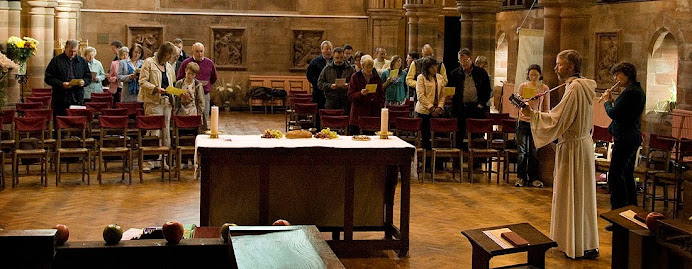When Moses (in Exodus 33) asks to be shown God’s ways, and God’s glory, the most he is allowed to see is God’s departing back. Not until the Christian identification of Jesus as God-with-us is there any hint that we might be able to see God’s face, but this raises a question: is the glory of God to be identified with the physical features of Jesus?
Presumably not. Among other things, we are reminded elsewhere in scripture that ‘God is spirit’, so it is more appropriate to identify the divine with Jesus’ nature as a person than with his physical appearance. This is comforting, as we know quite a lot about what Jesus said and did, but almost nothing about what he looked like.
In Matthew 22.15-22, we read about his response to the question of whether taxes should be paid to the Roman authorities. To many conscientious people this seemed like an unacceptable compromise with the occupying forces of a foreign power. Some preferred to opt out altogether, and live in self-sufficient communities unpolluted by contact with the ungodly.
Today’s equivalent question might be whether we should opt out of the morally questionable worlds of finance and politics altogether until they have cleaned up their acts considerably, and there are communities today that attempt greater or lesser degrees of separation from the rest of the world.
This does not seem to have been the way of Jesus, but his answer to the tax question was ingenious, demonstrating that even those who went out of their way to avoid pollution from the ways of the world carried part of that world in their pockets. Whose, after all, was the coin that bore Caesar’s image?
The nature of God is to be found in the person of Jesus, and the way of God is to be found in his risky participation in the world—in the conviction that we are not polluted by contact with the ungodly, but that the ungodly will be enriched by whatever touch of God’s presence we can bring to it.
